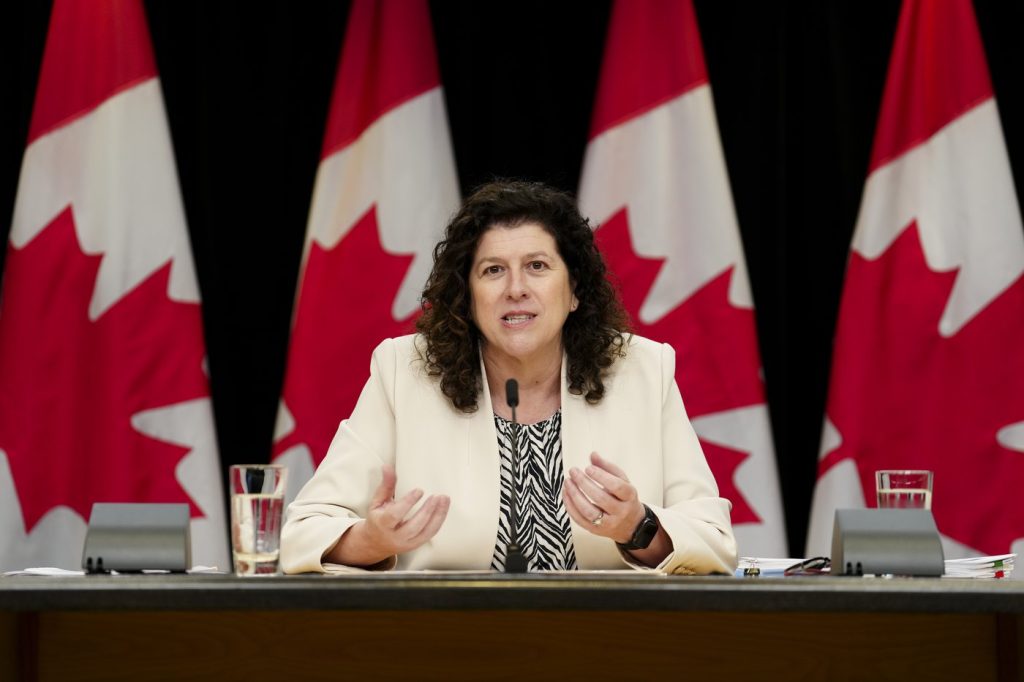From Anorexia To Eating Contests: Chatting With The Director of ‘Furious Pete’
Posted May 7, 2010 12:00 am.
This article is more than 5 years old.
Peter Czerwinski was 16 years old when he was hospitalized, and came close to death, as a result of anorexia. Years later and you can hardly tell he ever had a problem eating or swallowing food as he competes in eating challenges and does YouTube stunts as ‘Furious Pete’. He can wolf down a 72-ounce steak in just over seven minutes. Twenty sausages in around two minutes. And 600 grams of pasta in about a minute. He even ate a pound of butter once. His talent is not lost on the Jackass crowd either as Pete uses his eating ‘skills’ to raise awareness for male anorexia and Multiple sclerosis (MS) which his mother suffers from. This is all documented in The Story of Furious Pete, a brilliantly-pieced-together documentary produced by George Tsioutsioulas and his G.I. Productions partner Igal Hecht.
Tsioutsioulas, who also directed the film, has worked in Canadian television for the last 17 years and you might know him as the host of The Hospitality Guide on Citytv or Nite Life on OMNI2. He took time out of his busy schedule during Hot Docs this week, where The Story of Furious Pete had its premiere, to speak with CityNews.ca about what went into telling Pete’s story. Read our Q&A below.
BM: How did you come across Pete’s story?
GT: It all started with me going to [the Buffalo Wing Festival] and there was an eating contest there. I was shocked and amazed at what these people were capable of doing. The idea popped into my head that I wanted to do something with competitive eating. After doing some digging I came across Pete’s exploits on YouTube where he’s quite the superstar with his stunts. Then I found out he almost died of anorexia when he was 16 years old. At that point I had to find him and tell his story.
Was it hard getting him to agree to be filmed?
Pete has a message and is eager to share it and he isn’t shy or embarrassed. I couldn’t have been that naked and open to everything but he was. It was also a matter of him knowing that I wasn’t out to exploit his story or make him look ridiculous, which was never my intention. I was just fascinated with him. How do you go from almost dying when you’re 16 and having this strange relationship with food where you would only eat one apple a day or a Diet Coke or a head of lettuce, to years later scarfing down a 72-ounce steak in seven minutes? None of it makes sense.
Some people consider what Pete is doing now is still an eating disorder. What are your thoughts on that?
Who am I to pass judgment? I’m not a psychologist or psychiatrist so I don’t know exactly what’s going on his brain but if you want my honest opinion, and are asking me if you think he’s dealing with the same disorder, no, he is not. He just discovered this bizarre talent for eating food really quickly. He’s made money from it, he’s able to bring attention to issues we don’t normally talk about such as male anorexia, and he’s also able to use it to raise money for MS — which is what his mother is going through. I don’t think he’s replaced one disorder for another. I’ve been out with him in normal situations and he’s not afraid to eat and he doesn’t eat a lot. He’s very healthy and works out.
What was the most surprising thing you found about competitive eating?
What surprised me most is just how serious these competitive eaters are at winning. There’s a great line from one of the eaters in the documentary who says, ‘Competitive eating is like wrestling except competitive eating is real.’ And it’s true. There’s no faking. Food is going in and hopefully staying in. It’s a pretty crazy subculture that is quite popular. There’s even a competitive eating league which is just so absurd. It’s a whole other world.
Coming from a television background I was surprised you didn’t appear onscreen more. Was this a decision you made?
It was Pete’s story. I pop in a couple of times but it wasn’t about me and I wanted to step back and tell his story properly.
What do you hope to achieve with the film?
I want people to come out of it having learned some things that they never knew about such as competitive eating and male anorexia. But more than that it’s not an incredibly heavy film and I just want people to enjoy it. How awful is it to sit down in the theatre or on your couch and feel like you’ve wasted an hour and a half. I want people to laugh, cry, and be grossed out. Those are the three things I want.
How has the Hot Docs experience been?
It’s been amazing. This is the third film I’ve directed and produced but my first film I am really proud of. If I could be accepted into only one festival it would be Hot Docs. TIFF [Toronto International Film Festival] is great, I’ve covered it for the last 17 years as a reporter and there are a lot of amazing films that have come out of it, but it becomes more about the celebrities and the red carpet. For [Hot Docs] it’s really about the love of film and the people who put on the festival have been great. It’s also brought me to another level and I’ve been getting emails and phone calls from people as far away as China and Stockholm.
Any plans to release ‘The Story of Furious Pete’ in the theatre?
It’s going to be airing in the fall on OMNI. I don’t know if a theatrical release is in the cards. It’s got an educational value to it and we’re shopping it around to schools and universities across Canada.
What’s next for you?
I go back and forth between the TV world and the filmmaking world. I host a show on TreasureHD doing film reviews and I’m developing a couple of projects. It’s all a matter of getting funding in place.
The Story of Furious Pete screens at Hot Docs next on Sunday, May 9 at 1:30 p.m. More information can be found at furiouspetedocumentary.com.
brian.mckechnie@citynews.rogers.com
Top image: A scene from The Story of Furious Pete. Courtesy G.I. Productions.








